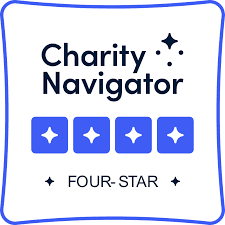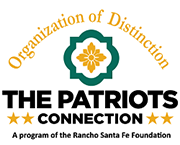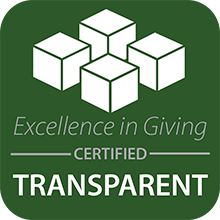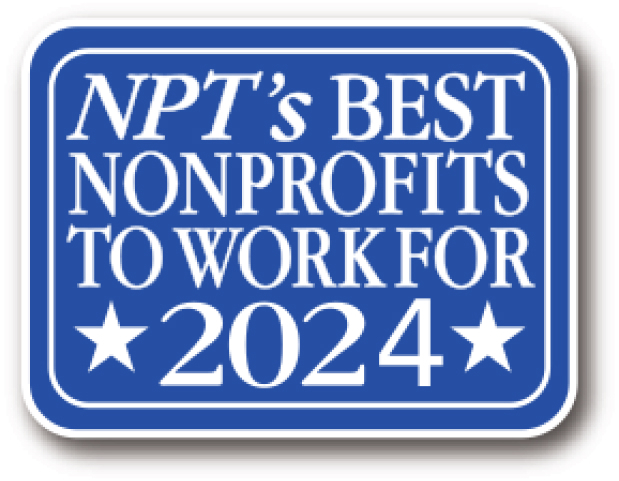
“Never give up hope. When you’re given that chance, fight like Hell to make the most of it. People can help you, but nobody can do it for you. It’s up to each of us to fight for a life that’s worth fighting for”
Derek Fitzgerald was diagnosed with Non-Hodkins Lymphoma at the age of 30, when most young men are focusing more on their career trajectory than their health deterioration. Derek fought the cancer for 5 months before it went into remission. Three months later, however, he learned that the chemotherapy had done significant damage to his heart.
Read Derek’s amazing journey from cancer survivor to heart transplant recipient to Ironman, and ultimately, what led him to run with Team Travis and Brendan at this year’s Marine Corps Marathon.
Q: Talk about your experience after receiving a heart transplant, following your chemotherapy treatment.
A: The effects of a heart transplant are very similar to getting hit by a truck, but even with a long recovery ahead, I felt like a ball of energy ready to leap into action. I can only describe it as plugging fresh batteries into an old, dead remote control; I had atrophied in the months leading up to, and immediately following the transplant; without assistance, I couldn’t lift my head from a pillow. In the beginning, I’d fall to the floor and begin my “training” by dragging myself back and forth across the bedroom floor. Recovery was slow, but I was determined to honor my donor by making something of my life and earning the gift I had been given.
Q: How did you move from dragging yourself across the floor to competing in athletic events?
A: It took a lot of hard work to get from a crawl to a walk, and even more work to be able to jog. I started interval training on the treadmill and over time, I was able to jog more and walk less.
A friend of mine told me about the TMF 9/11 Heroes Run and asked if I’d be interested in joining him for the 5K. The idea was both scary and exciting; I had never run in an organized race in my life, not to mention the fact that it would only be about 8 months after my heart transplant. When I got to the race, I was surrounded and overwhelmed by the athletes around me.
The race was special because it was the Heroes Run on the ten year anniversary of the terrorist attacks on 9/11; the world seemed to stop as the National Anthem played and we remembered those we’d lost. Around me, runners were wearing the usual sneakers and moisture-wicking compression gear, but there were also veterans and active military who had come out to run in their full gear—camouflage, combat boots, helmets and gas masks. I had no idea if I’d be able to finish the race, but for me, victory was about making it to that starting line.
Q: How did you feel after completing the 9/11 Heroes Run 5k?
A: Finishing the 9/11 Heroes Run felt like an exclamation point in my life. It was a moment I’ll never forget; surviving cancer, surviving heart failure, the months in bed and wondering if I’d live or die, the transplant, the recovery, and then having the opportunity to celebrate the gift of life given to me by my anonymous hero. Even if I were the best writer in the world, there wouldn’t be words to express the depths of my gratitude for that moment.
Since that first 5K, I’ve competed in over 80 endurance events. I’ve finished half marathons, marathons, and went on to become the only person to survive cancer and a heart transplant to complete a full IRONMAN triathlon (I’ll race my 6th full IRONMAN this July). I’ve dipped the rear wheel of my bike in the Pacific Ocean and ridden across the United States until my front wheel hit the Atlantic. I’ve been able to start The Recycledman Foundation, a charity created to improve quality of life for those affected by significant health challenges, but my proudest accomplishment is becoming “Daddy” to a beautiful little miracle who turns four in January.
Q: What does TMF’s mantra, “If Not Me, Then Who…” mean to you in light of your incredible journey?
A: It might be difficult to believe at this point, but I’ve never been a very open person. It wasn’t until after I had survived so much that I actually looked back to appreciate what had happened. During the course of my health issues, from 2003 to 2011, heart disease and cancer had claimed the lives of nearly 11 million Americans. During that time, roughly 64,000 people died while waiting for a transplant, and there I was on September 11, 2011, not just alive, but running. I’m alive because of the sacrifices of others. If I don’t get out there and tell people how heroic organ donors are, then who will?
On the last day of my donor’s life, on this person’s worst day, he or she chose to save the life of a complete stranger. To me, that speaks volumes about their courage, their integrity, and their compassion. I am reminded of this person’s gift with every heartbeat, and every time I look at my daughter. This anonymous hero’s gift has served as a gauntlet; a measuring stick I hold myself up to every day and a rudder that steers me through the rest of my life. I also know that no matter what I do, I’ll never be able to repay this person’s gift, but it’s my life’s honor to never stop trying.

Derek Fitzgerald finishing the Ironman.







